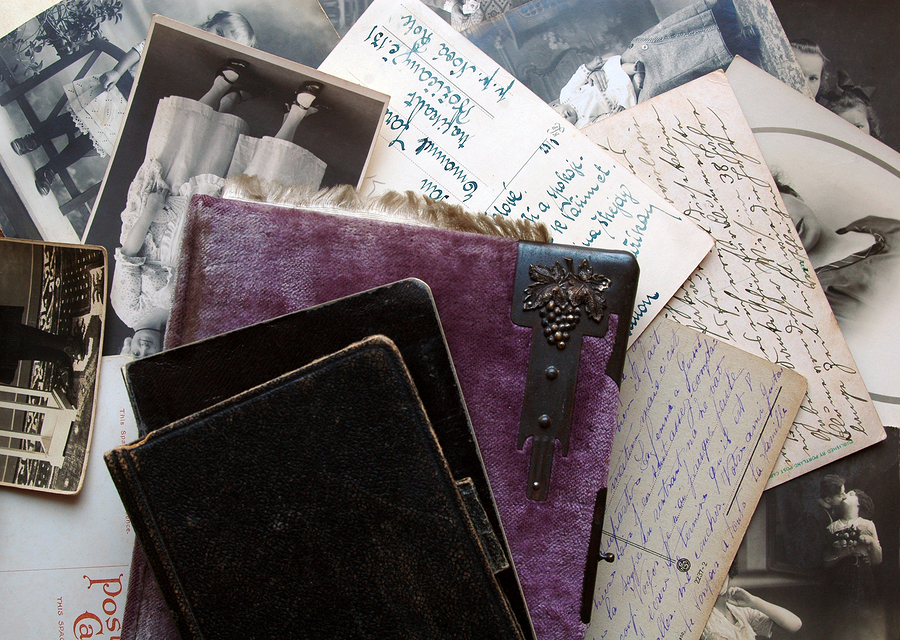Tracing your family tree
Take up genealogy as a hobby and it might just spark imagination and adventure – have you ever wondered about your own family history?
While it’s common that noble families with stately homes keep an extensive archive of their family tree, for most of us we know little more than the names and details of the one or two generations that came before us. Genealogy is a wonderful way to trace your roots and uncover hidden facts you never knew before.
Before the internet there was little point researching your roots unless you were committed to spending months in an archive going through registers and reels of microfilm looking for details and clues such as birth and death certificates and marriage registers.
Happily, you can now undertake the whole project from the comfort of your own home on your sofa with little more than an iPad and internet connection.
As more and more records become digitised, it’s easier than ever to uncover the secrets of your family tree.
Want to give it a go yourself? Here’s a few apps, hints and tips to get you going.
Get organised
At the very least you’ll need a notebook and large folder or binder to store details and notes as you begin your research. Make copies of important documents and find a way to order and organise everything in a way that makes sense to you.
Start with the living generation
There are more clues hidden with your living relatives than you might believe. Start your search by writing down the current generations of family members and everything you know about them. A simple voice recorder – or even better, voice recording app on your smartphone – will help you interview family members and gather essential information and record stories in their own words.
See what’s digital
Once you’ve filled as much of the family tree as possible on your own, the next step is to start accessing records. This is the moment online services like Ancestry really come into their own – for a reasonable subscription fee the service will provide you access to UK census records, birth, marriage and death indexes and even let you build your tree online. A premium membership also offers access to overseas records and worldwide emigration records, so you can continue to trace your relatives around the world.
Get some expert advice
If you’ve never undertaken such an extensive research project before, uncovering your family tree can feel daunting at first – luckily, there are dozens of excellent resources online to help you along and offer expert advice. The Who Do You Think You Are magazine website is a great place to start; there are guides to getting started, tutorials and a useful forum where you can ask questions and get tips from other members. The BBC also offers a useful online guide to tracing your family history, and covers everything from working in the archives to using libraries and creating timelines.
Have you ever tried tracing your family tree? Do you have any tips to share?
Rachel - Silversurfers Assistant Editor
Latest posts by Rachel - Silversurfers Assistant Editor (see all)
- Summer asthma tips for World Asthma Day - May 2, 2024
- Graham Norton’s funniest interviews - April 2, 2024
- Chocolate dipped strawberries for Easter - March 28, 2024
- Elton John’s Greatest Hits Playlist - March 24, 2024
- The best of Diana Ross - March 23, 2024





















